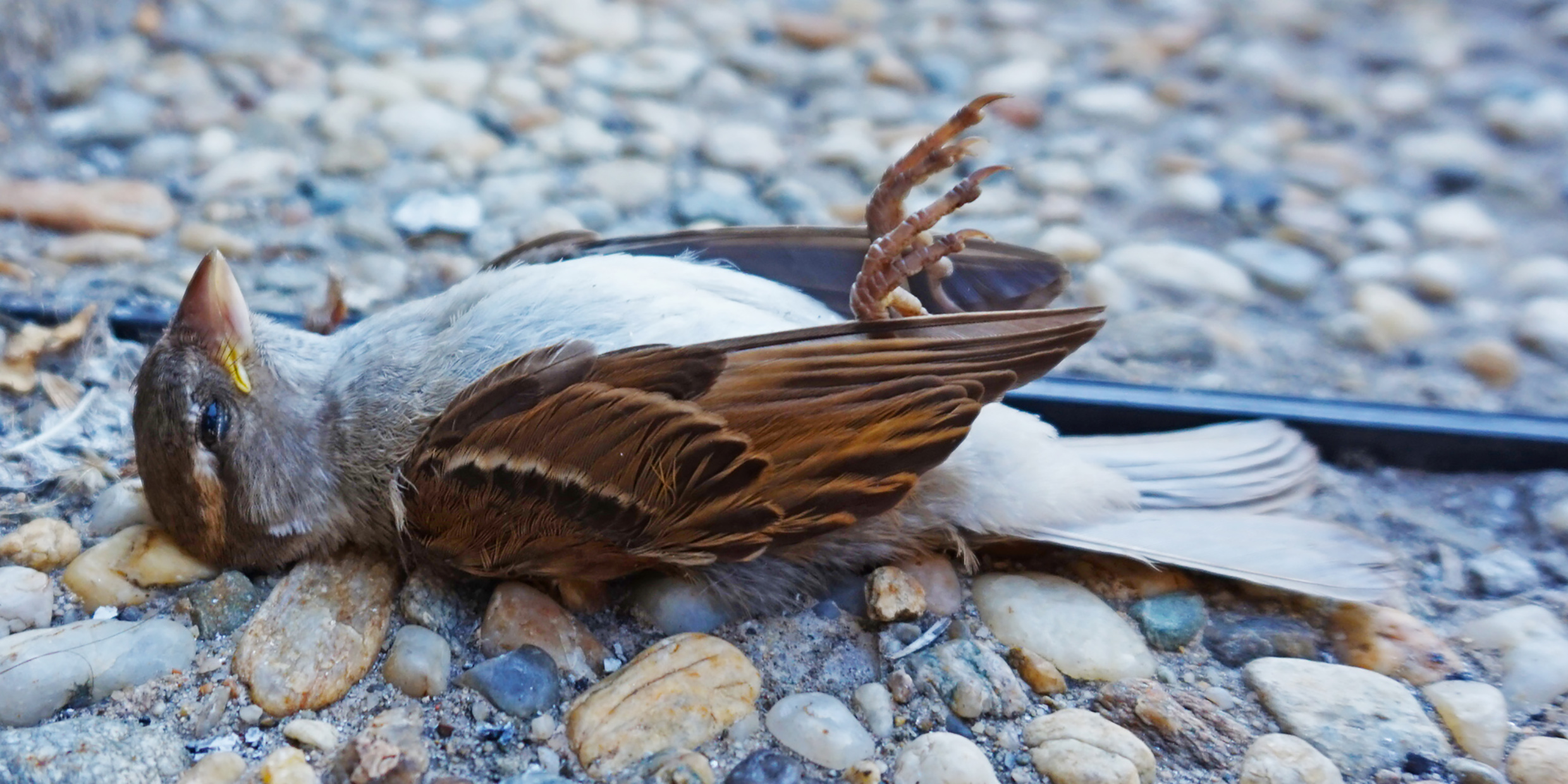Originally published 26 February 1990
Every now and then a book comes along that captures the spirit of a deeply felt environmental issue.
Such a book was Rachel Carson’s Silent Spring, published in 1962, a passionate, even poetic, rallying cry against the indiscriminate use of chemical pesticides, especially DDT. The controversy generated by Carson’s book ultimately led to the banning of DDT.
Another was Jonathan Schell’s The Fate of the Earth, which spoke of nuclear weapons as “the cloud-covered Everest of which the more immediate, visible kinds of harm to the environment are mere foothills.” Schell’s book inched us closer to nuclear disarmament.
And now comes Bill McKibben’s The End of Nature, another poetic cri de coeur warning us against greenhouse warming, ozone depletion, and other massive technological disruptions of the environment.
In McKibben’s view, the end of nature is not some future possibility — it is here now. By “nature” he means “the separate and wild province, the world apart from man to which he adapted, under whose rules he was born and died.” That wilderness is gone, he says, replaced by a false and synthetic Eden based on science and technology.
McKibben’s green manifesto is timely and elegant, and one hopes that it will strengthen public concern for environmental issues. His conclusions about the damage we have done to the environment are indisputable. But his argument is based on a false premise: The willful rape of the environment by humans is not the end of nature, as McKibben contends, but the triumph of nature.
Red in tooth and claw
McKibben’s nature — a wild, free, divinely infused, peaceable kingdom in which the lamb lies down with the lion — never existed, except in the minds of romantics. In real nature the lion has the lamb for dinner.
Real nature is red in tooth and claw. Every species on Earth, with one possible exception, has a fixed objective — to survive, to procreate, to eat, and damn the fellow that gets in the way.
The flu virus does not worry about the human consequences of its life style. Termites do not set aside certain of our houses as nature preserves. There are no environmentalist sharks.
A black-headed gull, if given the opportunity, will gulp down a chick from its neighbor’s nest. A female praying mantis will snack on her mate’s head even as he copulates with her. “Get mine first” is the rule in nature, not the exception.
Examples of apparently altruistic behavior among animals are not impossible to find, but they are so rare as to prove the rule, and never (as far as I know) do such behaviors extend between species.
British biologist Richard Dawkins goes even further. He traces avarice to the very root of life, to the genes themselves. “A predominant quality to be expected in a successful gene,” he says, “is ruthless selfishness.” Genes survive in a competitive world only by exercising the ethic of the Chicago gangster, contends Dawkins, and that includes human genes.
Of course, to speak of “ethics” or “selfishness” or “ruthlessness” in regard to sharks, viruses, or genes is to speak metaphorically, but the terms work well enough. Nature is driven by narrow self-interest.
But nature, like the Mafia gangster, can present a respectable face. Over millions of years the deadly struggle of competing species produces a balance of power, so that what we see in nature can appear to be a harmony.
“We have built a greenhouse,” writes McKibben, “a human creation, where once there bloomed a sweet and wild garden.” That’s the romantic speaking. It is the “sweet and wild garden” that is the human creation, a purely literary convention. Look under the surface of the garden and you’ll find a dog-eat-dog world.
Evolution’s mandate
But one thing has indeed changed. After four billion years of ruthless competition, one species in the fierce struggle to survive has evolved self-consciousness and reflective intelligence. Science and technology are the result, powerful new tools to insure our capacity to survive, to procreate, to eat.
If humans have ravaged the wilderness at the expense of other species, disrupting the ancient balance of power, we have merely acted out the mandate of evolution — ruthless self-interest.
But with intelligence and self-awareness come new kinds of self-interest, and even altruism. And that is the true value of McKibben’s book: It forces us to reflect on tomorrow, on our spiritual need for wildness, and on our moral responsibility to each other and to other species.
Greenhouse warming and ozone depletion are not the end of nature, but part of nature. It is our ability, unique among all the species of Earth, to look beyond immediate self-interest that is the true end of nature. It is an end to nature that we should warmly welcome.



